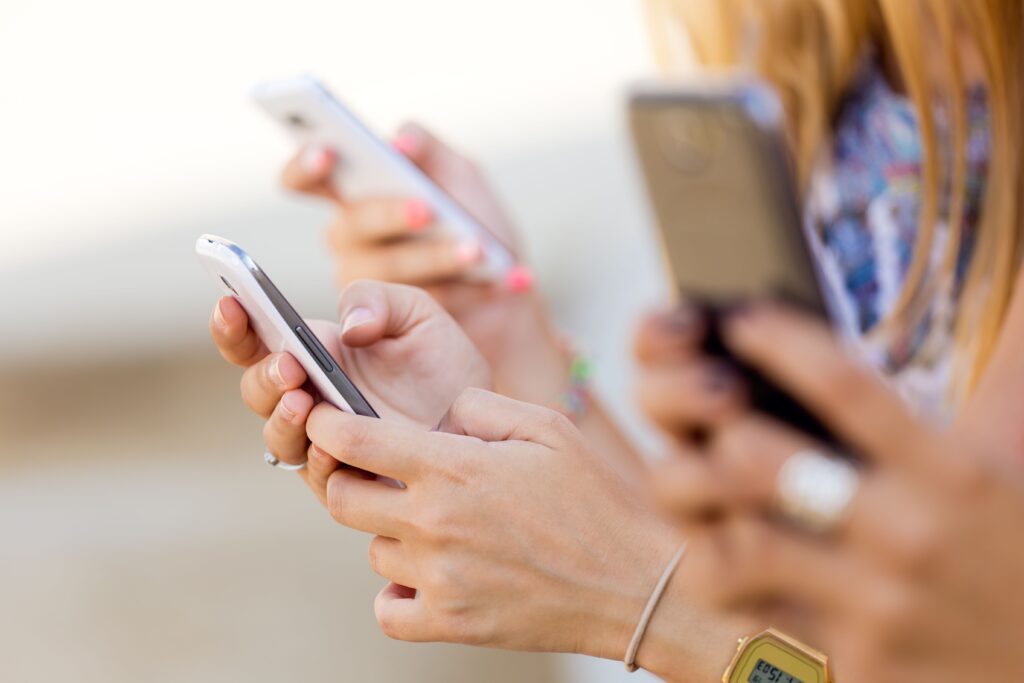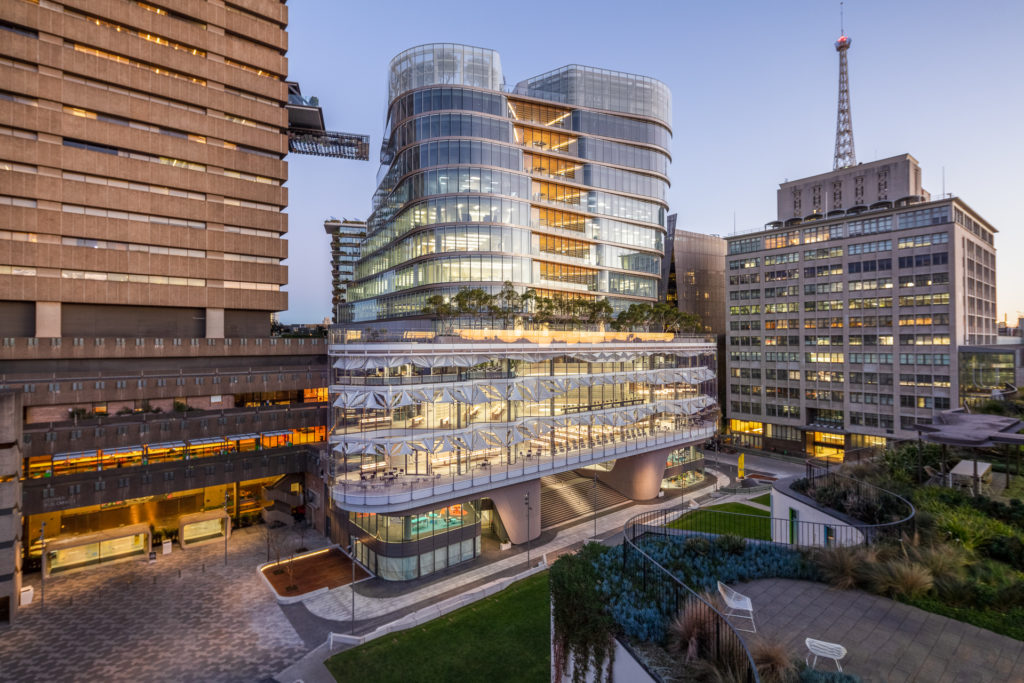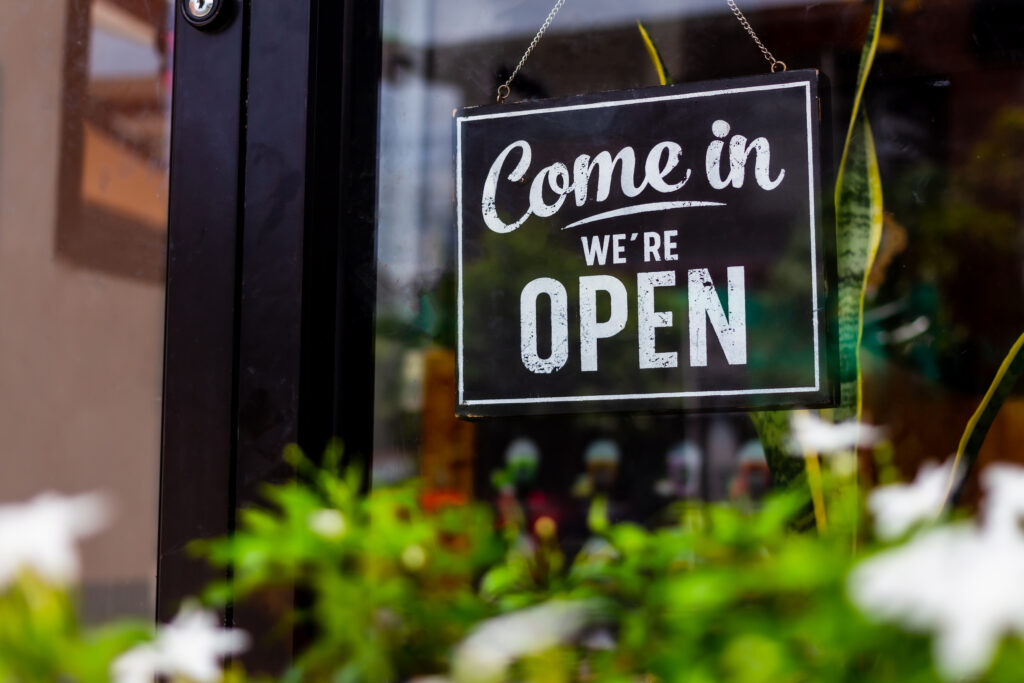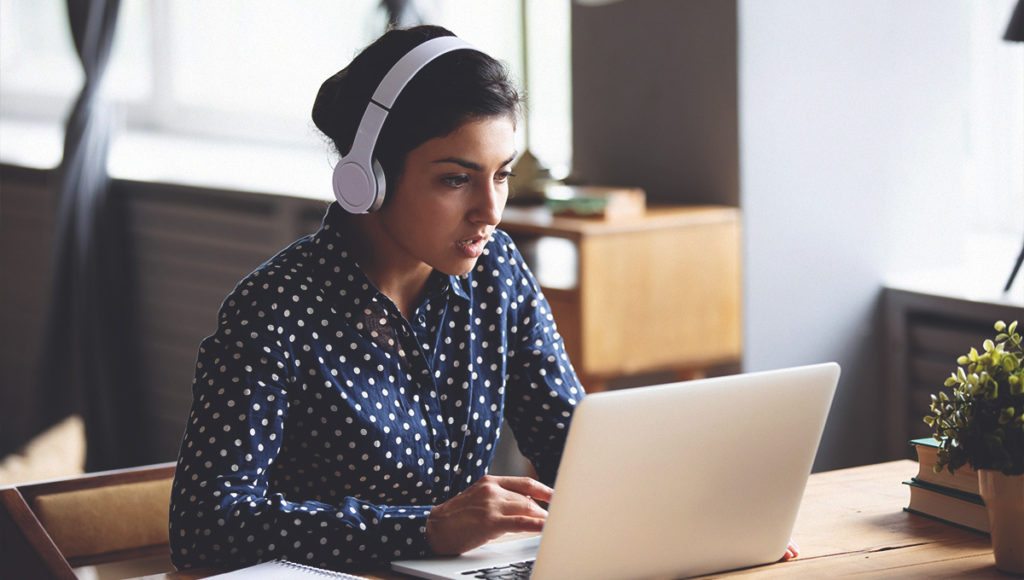You may have heard that, come December of this year, the Australian Government is planning to ban anyone under the age of 16 from using social media.
TikTok, YouTube, Snapchat, Instagram, Facebook and Reddit are all among the list of platforms that will no longer be accessible. There’s a lot of online chatter about the reasons for the ban and whether or not it’s a good idea. So, let’s take a look at everything we know so far.
When was it announced?
Australian Prime Minister Anthony Albanese first announced his government’s plans to ban under-16s from social media late last year, with the official bill being passed in November. This bill doesn’t just restrict underage users from the platforms; it bans them entirely, with companies being liable for up to $50 million if they fail to comply.
Why the need for a social media ban?
The government’s hope is that by limiting who can access social media, they will be better able to protect youth mental health. While social media offers many benefits, they argue that the risk of cyberbullying, online predators and harmful content outweighs these. Supporters of the ban have pointed to growing research linking excessive screen time and social media use with rising anxiety and depression issues in teens. There’s also growing concern about how platforms promote harmful content through algorithms, particularly around body image, self-harm and hate speech. The ban is intended to act as a preventative step while more long-term solutions are developed.
What are people saying about the ban?
That depends on who you ask. Social media companies reportedly aren’t too happy about it, arguing that the ban will just shift the issue into other spaces and that more focus should be put on creating safe online spaces (to be honest, we kind of hope they’re doing this regardless!).
Of course, they will be required to change their practices, so it’s no surprise they’re not thrilled. The rest of Australia is reasonably divided, with 60% in favour of the ban, while the remainder aren’t convinced. Those in favour of the ban are particularly concerned about the content our young people are being exposed to on some of these platforms, such as praise around eating disorders, racism and misogyny from online strangers. Those who disagree say that it leaves teenagers and young people without a valuable resource for accessing community and mental health support, a claim backed up by a study from ReachOut, which found that 73% of young people access mental health support via social media.
Who will the ban cover?
The social media ban will extend to anyone in Australia under the age of 16, regardless of whether they have previously had a social media account. They are yet to announce how users’ age will be verified, but it’s possible that you will have to upload some form of ID to register an account, in the hope that it will stop younger users simply changing their birth year. The Prime Minister has assured Australians that if this is the route they go down, appropriate measures will be taken to make sure people’s privacy and personal data is protected.
Will international students be affected?
Short answer, yes. The longer answer is that, as with all others in Australia, only if they are under the age of 16. The majority of international students are 16 and over, so they won’t be affected by the ban; however, any younger exchange students will be unable to access social media, the same as their Aussie peers.
Final thoughts
In many ways, the under-16 social media ban is groundbreaking in terms of e-safety; however, it seems the majority of Australians want more than just a blanket ban. To ensure safety for all social media users, regardless of age, there needs to be ongoing discussion around digital literacy, a commitment from social media platforms to create and maintain safer online spaces and personal vigilance when using social media.
While the ban may offer some protection, it’s not a one-size-fits-all solution. Education, parental involvement and transparent platform policies will still be key in helping young people navigate the online world safely and responsibly.





